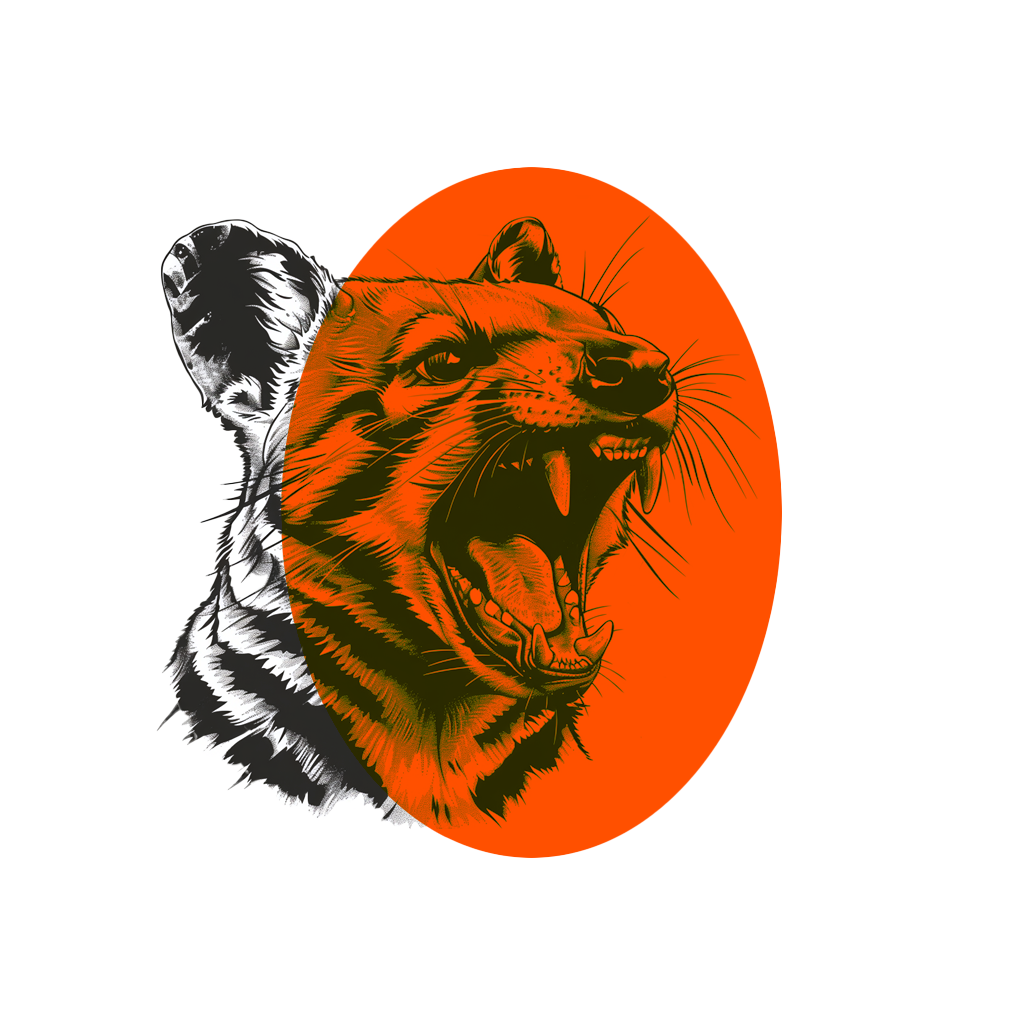Books to Write
Field Guide to Being Sick
Your existence changes when you receive a diagnosis. You cease being “Pam” and become “Pam, the cancer survivor” or “Pam, with High Cholesterol”. And with that transformation comes the onslaught of information. You google specifics, then specifics offer so little hope and less interest, so that search becomes more general. At the same time, this is your journey, Pam.
The Field Guide is an interactive process journal with prompts, resources and challenges. It is meant to reframe what it means to be Sick and help the participant engage with living mindfully.
The First & Only Encyclopedia of GYATT
As a parent of two young boys and a lurking TikTok user, I've been immersed in a wave of new words this spring. "Bro" and "Brah" fill conversations among “skibidis” and “ohios”, and almost every family photo is spoiled by mewing.
I love the elasticity of language so much—the way words can be dissected, adapted, or twisted to subtly change their meanings. Often, it's young people who drive these linguistic shifts as a means of ownership, building culture, and defining identity. The language we claim helps us distinguish between "us" and "them." Brands often struggle to navigate this boundary, and AI still can’t land a solid 4+4 compliment.
As I was scrolling along and thinking about how these words fit into our evolving social discourse, I was visited by the ghost of Robert Ferris Thompson. He reminded me that these linguistic gymnastics were made possible, in large part, by AAVE, or African American Vernacular English.
In the 1990s, I had the privilege of dining with Robert Ferris Thompson, renowned as the "guerrilla scholar" dedicated to highlighting Black Atlantic Traditions. He passionately drew connections between contemporary slang and its African origins. For instance, "funky" traces back to the Ki-Kongo word "lu-fuki," meaning "positive sweat," while concepts like "cool" (what's cooler than being cool? Ice Cold!) find roots in the Yoruba notion of "itutu" or coolness.
No doubt RFT would have opinions on terms like Rizz, Mid, Bet, or No Cap. Yet, with his passing, it falls on us to contextualize our culture. There is a history to this language and it runs through disenfranchised communities. That legacy should inform the usage of the slang, not prohibit it.
RFT once wrote: “Unless you know how African you are you will never know how American you are”.
I support my boys in exploring their language. I also want my two white children to understand that they are participating in a broader legacy that is not centered around them.


